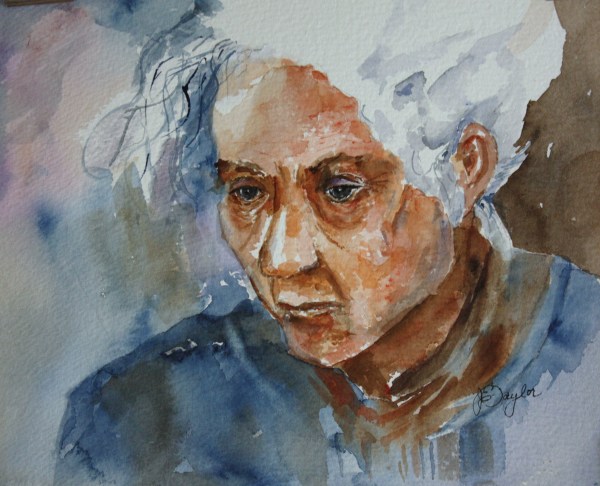
HOW CAN A TRUST BE USED FOR LONG-TERM CARE? More than a few seniors who are retired or nearing retirement lose sleep worrying over being able to afford the expense of long-term care, including nursing home care, which can cost thousands monthly. The fallback option for many Americans is Medicaid; according to a recent article, “Long-Term-Care planning using trusts,” from the Journal of Accountancy., Medicaid is a joint federal-state program requiring spending down assets.
To be eligible for long-term care through Medicaid, a person’s “countable” assets must fall below an extremely low ceiling—in some states, no more than $2,000, with some provisions in some states protecting the “well” spouse. States vary in terms of which assets are counted, with many exempting a primary residence, for example.
For many people, planning for Medicaid for long-term care may consider the use of an irrevocable trust. The basic idea is this: by transferring assets to an irrevocable trust at least five years before applying for Medicaid for long-term care, the Medicaid agency will not count those assets in determining whether Medicaid’s asset ceiling is satisfied.
If the planning is done wrong, there is a risk of not qualifying, thereby defeating the objective of creating the irrevocable trust. In addition, any tax planning may be undone, causing liquidity and other problems.
Some people plan to qualify for Medicaid even though they have asset levels as high as $2 million or more. Much of this may be the family’s primary residence, especially in locations like New York City, with its elevated real estate market. Costs at nursing homes are equally high, with nursing homes costing private-pay patients upwards of $20,000 a month, or $250,000 per year.
Timing is a key part of planning for Medicaid. Many estate planning attorneys recommend clients consider planning in their mid-to-late 60s or early 70s to move assets into a Medicaid Asset Preservation Trust, also called a Medicaid Asset Protection Trust.
This is because of Medicaid’s five-year lookback period. Most states have a five-year look-back period for both nursing home and home health care. If any transfer of countable assets has been made within the preceding five years of applying for long-term-care Medicaid, there will be a penalty period when the person or their family must pay for the care. The penalty is typically measured by the length of time the transferred assets could have paid for care, based on the average costs of the state or the region.
HOW CAN A TRUST BE USED FOR LONG-TERM CARE?
While there is no way to know when a person will need long-term care, statistically speaking, a person in their mid-to-late 60s or early 70s can expect to be healthy enough to satisfy the five-year lookback.
Why not simply make gifts to children during this time to become eligible for Medicaid? For one reason, there’s no way to prevent a child from spending money given to them for safekeeping. A trust will protect assets from a child’s creditors, and if the child should undergo a divorce, the assets won’t end up in the ex-spouse’s bank accounts.
Using a trust for Medicaid planning could be combined with gifts made to children or assets placed in trust for children, depending on the individual’s financial and familial circumstances.
The creation of a Medicaid Asset Preservation Trust is critical. The estate planning attorney must seek to accomplish two things: one, to say to Medicaid that the settlor, or creator of the trust, no longer owns the assets. At the same time, the IRS must see that the settlor still owns these assets and, therefore, receives a basis step-up at death.
An experienced estate planning attorney will be needed to advise you and create a Medicaid Asset Preservation Trust to meet the Medicaid and IRS requirements.
Schedule your phone meeting with Claude S. Smith, III
HOW CAN A TRUST BE USED FOR LONG-TERM CARE?
Reference: Journal of Accountancy (Oc. 9, 2023) “Long-Term-Care planning using trusts”
Legal problems are extremely stressful, especially when your family, your health, or your freedom are at stake. At this point in time, you may not even be sure what kinds of questions you need to ask a lawyer, but that’s entirely normal. Whether your situation involves family law, estate planning, elder law, a criminal charge, or a personal injury, we will start by giving you all the information you need.
The way we see it, you deserve to get this information directly from an expert. That’s why we make it easy for you to get in touch with your lawyer, and we never ask you to sit down with a paralegal or assistant instead.
As our relationship continues, we will keep you updated about the status of your case every step of the way. Your lawyer will reach out regularly to tell you about any new developments, and he will also be happy to answer any questions you have throughout the process.
